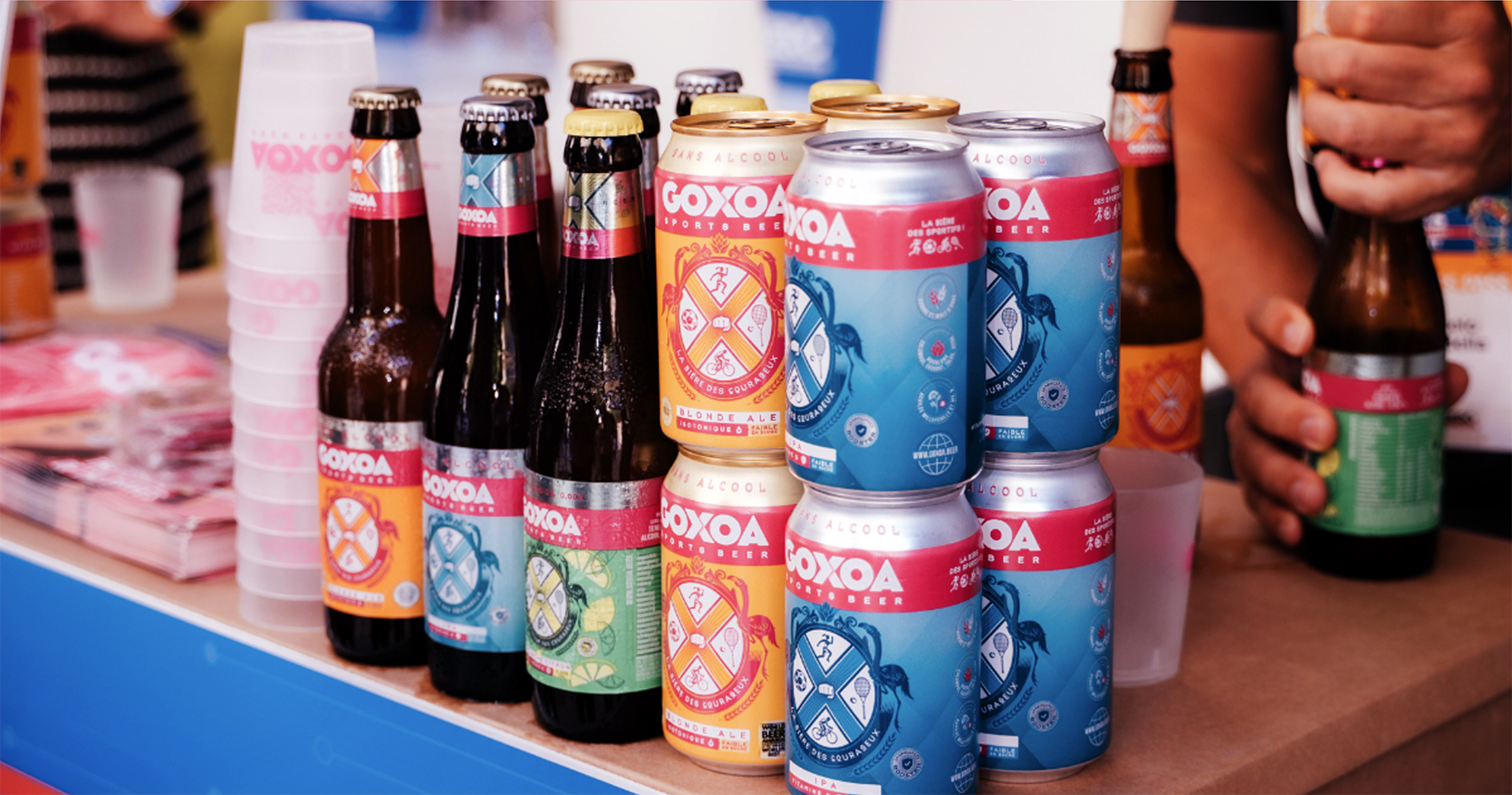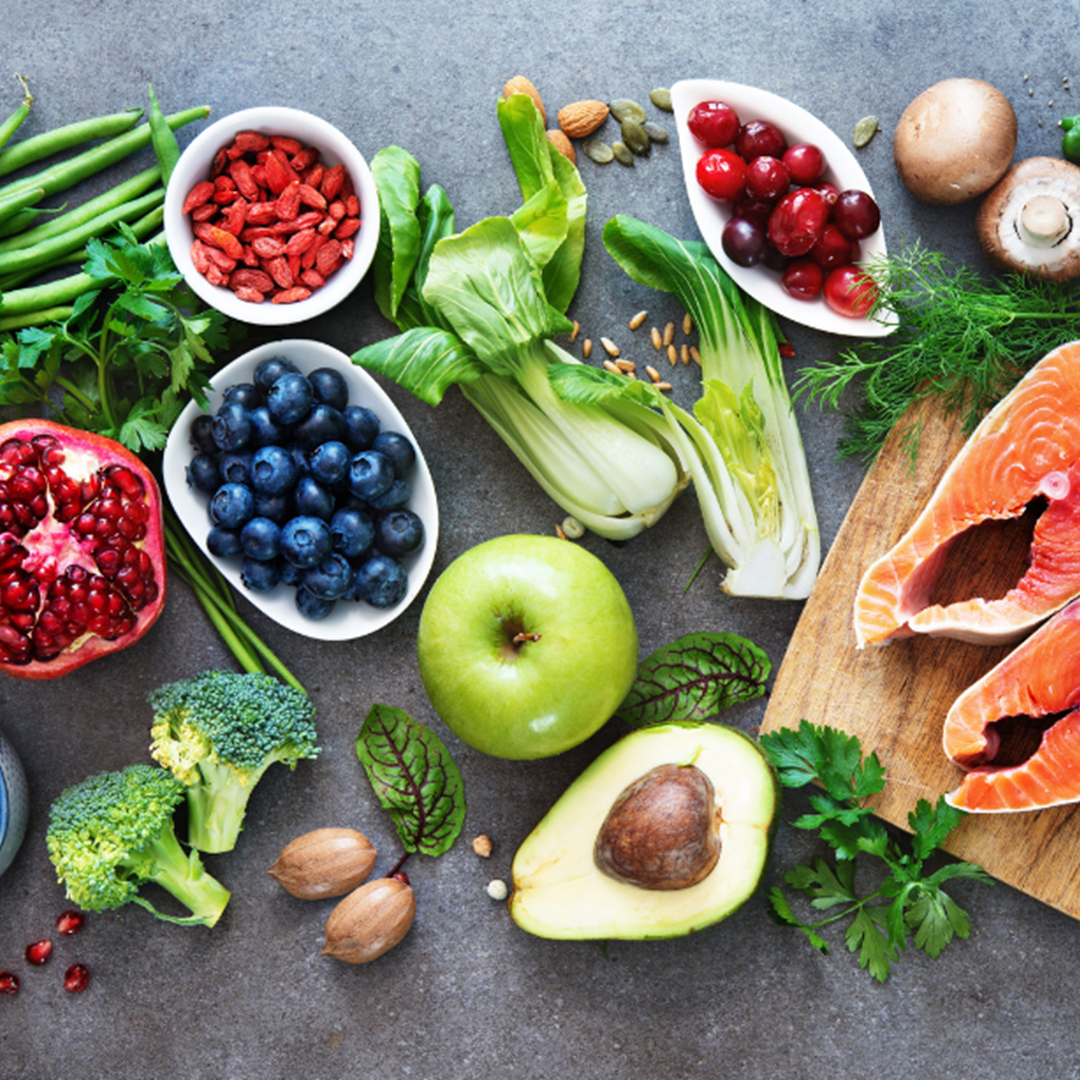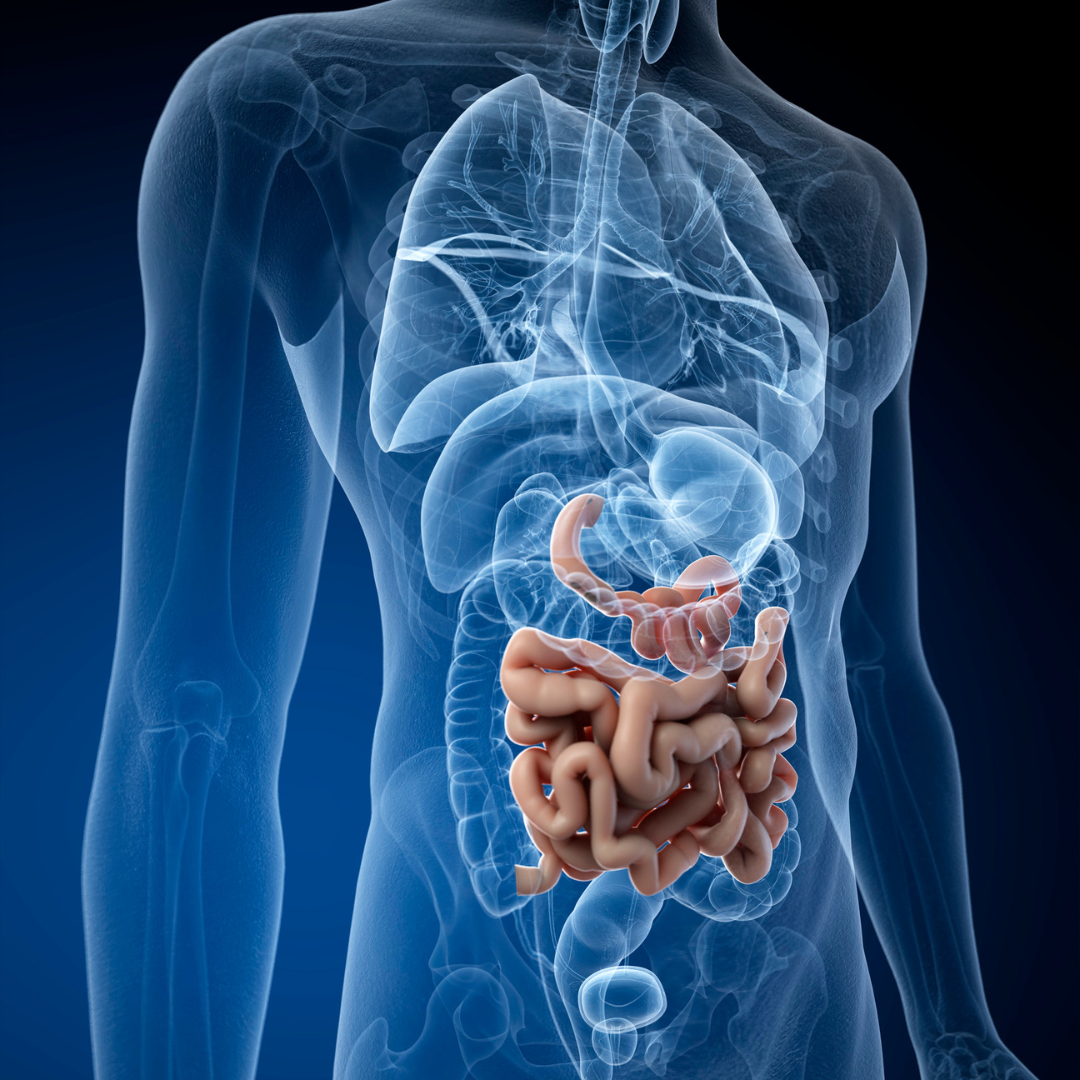Zero waste: innovative strategies and startups that are leading the change
Food waste is a global problem of unimaginable dimensions. Globally, one third of the food produced is lost or wasted each year, equivalent to about 1.3 billion tons of food (2). Between 8 and 10% of greenhouse gas emissions are attributed to him (1), thus contributing significantly to climate change and the degradation of natural resources.
On the other hand, it has social repercussions. While 800 million people are hungry in the world (5), a very important part of food ends up being discarded. This not only means the loss of these valuable foods and nutrients, but all the resources that have been invested in their production.

We could associate waste with very specific situations, such as buffets or extra household consumption, however, nothing could be further from reality: waste occurs at all points in the food chain, from primary production to the table in homes, restaurants and institutions. In fact, 13% of waste is attributed to retail, 26% to the food and restaurant industry and 61% to households (1). In other words, our own home is where most of the waste occurs due to excessive purchases, poor meal planning or lack of use of leftovers. The products that are most wasted are tubers, fruits and vegetables (40-50%), followed by fish (35%) and cereals (30%) (4).
Faced with this bleak panorama, What can the business ecosystem do to combat food waste? First, it is essential to take a dual approach, focused on preventing the generation of waste, as well as on the use of non-commercialized products. This will not only contribute to the environment, but to the productivity of the food system. Waste is ultimately an inefficiency and a weakness of the system, with economic, social and environmental consequences. It is, therefore, an opportunity for the industry of revalue these products which, otherwise, would have ended up being wasted. In this regard, it is important to implement logistics solutions and technology to improve storage, offer intelligent packaging and give life to by-products.
Some examples of these innovative solutions and startups that are leading the change that are part of the largest food Think Tank in Europe, held on April 7 in Madrid:
- Bio2Coat. It has developed a 100% natural edible coating that is applied directly to fruits and other foods. It is a protective film developed by researchers from the Polytechnic University of Catalonia that extends the useful life of products, maintains their freshness and reduces the need for plastic packaging.
- Rebread. They save unused bread by transforming it into valuable products. They began by making an artisanal distillate, a base for cosmetics, soft drinks or biodegradable containers. Now they are developing and sharing biotechnologies so that they can be implemented in more places and multiply this transformative work.
- Naria. Its objective is to digitize and connect the social sector with various entities, generating a circular, sustainable and transparent system. In addition, they seek food security for those who are at risk of social exclusion.
At European level, the project stands out Tono Waste whose mission is to encourage food system actors to use tools based on science and evidence and lessons learned to make better decisions towards more sustainable food production and consumption patterns. This project will create and test pilot processes developed in the cities of Valencia, Vienna and Graz.
Combating food waste is an environmental need, a technological challenge and an economic opportunity for the industry. The future of food requires innovative solutions that they know how to give life to what we previously considered waste. Companies that are able to do so will be guaranteed an important part of their long-term viability.
Sources:
1: https://www.unep.org/es/resources/informe/indice-de-desperdicio-de-alimentos-2021
2: https://www.fao.org/interactive/state-of-food-agriculture/2019/es
4: https://www.aesan.gob.es/AECOSAN/web/para_el_consumidor/ampliacion/desperdicios.htm








